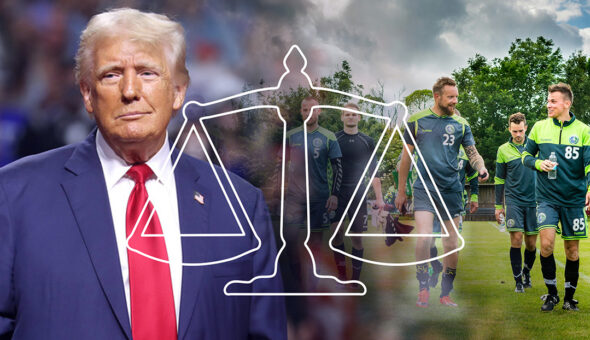Editor’s note: Four days after this opinion piece was published, U.S. Customs and Immigration Enforcement rescinded the rule it had implemented just eight days earlier that international students must return to their home countries if their colleges or universities moved classes fully online in the fall.
Earlier this year, I submitted my application for permanent residency. This will be another one of the alphabet soup of visas I have held since arriving in the U.S. as an international student ten years ago. It is one more milestone in a decade-long journey of building a life in a country I had adopted as my home. It is far from over.
International education is a venerable tradition in the United States. For decades, American colleges and universities have attracted the brightest scholars from around the globe. But recent guidelines announced by the U.S. Immigration and Customs Enforcement (ICE) undermine this tradition and threaten to eliminate its future.
This decision is crude, ambiguous, and breathtakingly cruel. It overlooks the many international students who have been unable to return to their home countries this spring due to border closures, cancelled airfare, or lack of finances. It assumes students would have technological access for distance education upon returning to their home countries. It requires faculty to reframe synchronous course elements to accommodate students in different time zones. It pushes international students to seriously consider interrupting their education or abandoning it altogether.
Most importantly, the guidelines impart a message to international students in the United States: You are not welcome here.







